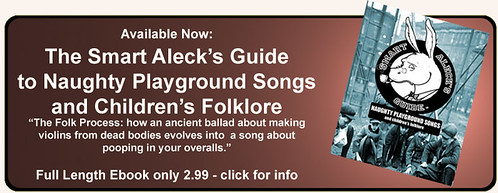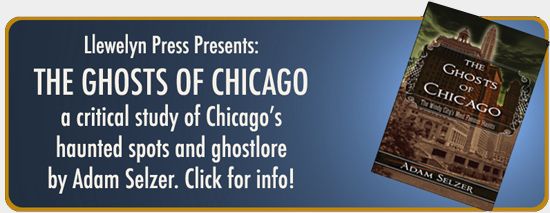In grade school, I read every book Jamie Gilson wrote. She was the author of such classics as Hobie Hanson, You're Weird and 4B Goes Wild. More than most other writers, her characters seemed exactly like my friends. I could identify with Beverly Clearly's kids, of course, but hers always seemed to belong to another generation. And I loved Judy Blume, but Peter Hatcher lived in a world of skyscrapers and elevator operators. Hobie Hanson's class was just like mine - they even sang the same "Jingle Bells" parodies. They had different rules for "Truth or Dare" than we did, but a lot of the same folklore.
In 2010, I was a bit awed when I showed up at the Anderson's Bookshop Children's Lit Breakfast and one of the other authors present was Jamie Gilson. When it came time to man our tables, I left mine to walk over to hers and tell her how much I'd loved her books. I'm afraid I got a bit fan boyish. In the process, I told her about a blog I was working on called PLAYGROUND JUNGLE. The blog collected as many versions as I could find of naughty playground rhymes, jokes, and songs that The Smart Aleck Staff and I could remember, as well as those we learned from contributors, and seeing if we could find out where they came from. In some cases, we were able to trace rhymes and jokes back centuries.
I told Jamie that she was always good at working those songs into her books - indeed, many appeared in print for the first time in one of her books. She laughed and told me that she started doing that because she'd once used a line from "Yellow Submarine" in a book and had to pay Michael Jackson off, since he owned the rights. You can use playground songs without having to pay anyone!
I've since done it a few times in my books. While I'm on the side that says using pop culture in your books is fine (rules saying otherwise are BS), the way it'll affect kids WILL change over the years. Having your characters like the same stuff as your readers IS a way to draw the reader in and feel comfortable in the world you've created. But mentioning specific pop songs is risky, because the world changes, and soon your character may just seem like a period piece (not that there's anything wrong with that).
But having your character sing song parodies, and repeat the jokes, rhymes and ghost stories that every kid knows (but thinks is exclusive to his or her town) is one way to make them seem "real" immediately.
There's a sort of epidemic going around in which, in order to make characters seem relatable, people are making characters very, very bland. And it works, up to a point - readers can just project themselves onto the character and imagine their way into the book. But the characters don't' seem real. They don't seem alive. They don't seem to exist in the real world, but in some strange reality with no culture - local, pop, or otherwise - besides small town cliches of The Prom, the mall, and the diner. Real kids are aware of pop culture. They tell dirty jokes and gross-out jokes that can't really even be repeated in a middle grade text these days.
There's no danger that having a kid know a few verses to "The Burning of the School" or "Throw Your Teacher Overboard" will make your book dated in a few years. But every school has a playground culture - and you can use the information in the new Smart Aleck's Guide to Naughty Playground Songs ebook to help build one into YOUR books. This book collects over 100 rhymes and songs, as well as examining some of the jokes, customs, and ghost stories that have been common in schools throughout the English-speaking world for generations (though kids seldom realize that the jokes they're telling are more than a few years old, or could have possibly been known at their parents' elementary school on the other side of the country). While we debunk a few common myths ("Ring Around the Rosy" was NOT about the plague), our historical research brought up some sup rising things. Kids were playing "Light as a Feather, Stiff as a Board" four hundred years ago. Saying "First is the worst, second's the best" to the first person in line goes back to at least the 1890s (and probably further). Over the course of 400 years, a ballad about using the bodies of murder victims to make violins can evolve into a playground chant about pooping in one's overalls - and that's what The Folk Process is all about.
The Smart Aleck's Guide to Naughty Playground Songs and Children's Folklore is more than 55,000 words of fascinating (and hilarious) info from The Smart Aleck Staff, featuring an active table of contents, active internal links, and a linked index of first lines. It's now available on kindle and Nook for just 2.99!




No comments:
Post a Comment